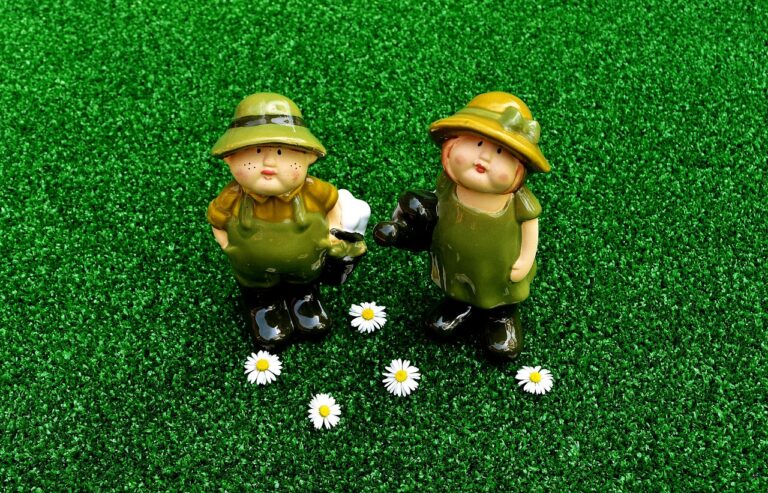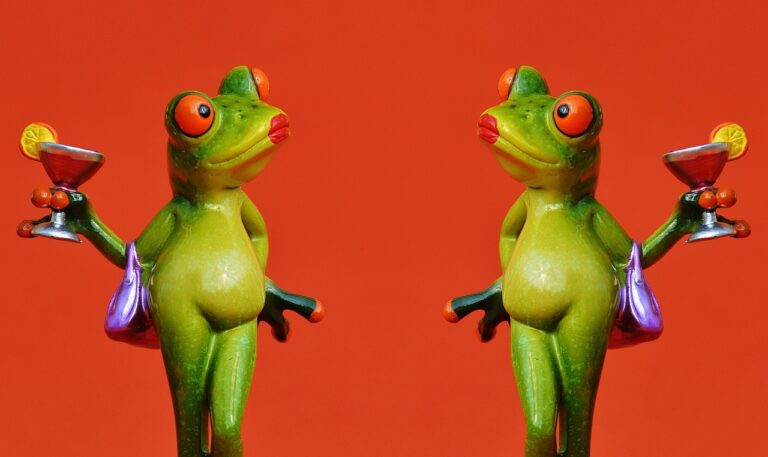The Influence of Opera on Literature: Adaptations and Literary References
diamond exchange sign up, sky99exch com login, reddy book club: The Influence of Opera on Literature: Adaptations and Literary References
Have you ever considered the impact of opera on literature? The world of opera, with its dramatic performances, powerful emotions, and captivating storytelling, has long been a source of inspiration for writers across the globe. From classic adaptations of operatic works to subtle literary references, the influence of opera on literature is undeniable.
Opera has provided writers with rich material to adapt and reimagine in their works. Some of the most famous literary adaptations of operas include Gaston Leroux’s “The Phantom of the Opera,” which was inspired by the 1910 opera of the same name by Andrew Lloyd Webber, and Thomas Mann’s “Death in Venice,” which draws on Benjamin Britten’s opera adaptation of the Thomas Mann novella.
Additionally, opera has often been referenced in literature as a way to add depth and meaning to a story. For example, Marcel Proust’s “In Search of Lost Time” includes numerous references to operas and operatic performances, which serve to illuminate the novel’s themes of memory, love, and time.
The influence of opera on literature is not limited to direct adaptations and references. Opera’s themes of love, betrayal, tragedy, and redemption have inspired countless writers to explore similar themes in their own works. The operatic tradition of grand emotions, compelling characters, and larger-than-life narratives has left an indelible mark on the world of literature.
As readers, we can deepen our appreciation of both opera and literature by exploring the ways in which these art forms intersect and interact. By delving into the adaptations, references, and thematic influences of opera on literature, we can gain a richer understanding of the power of storytelling in all its forms.
FAQs
1. Can you provide examples of classic literary adaptations of operas?
– “The Phantom of the Opera” by Gaston Leroux
– “Death in Venice” by Thomas Mann
2. How has opera been referenced in literature?
– Opera has often been referenced in literature to add depth and meaning to a story. For example, Marcel Proust’s “In Search of Lost Time” includes numerous references to operas and operatic performances.
3. What themes from opera have influenced literature?
– Themes of love, betrayal, tragedy, and redemption from opera have inspired writers to explore similar themes in their own works.
4. How can readers deepen their appreciation of opera and literature?
– By exploring the ways in which these art forms intersect and interact, readers can gain a richer understanding of the power of storytelling in all its forms.







